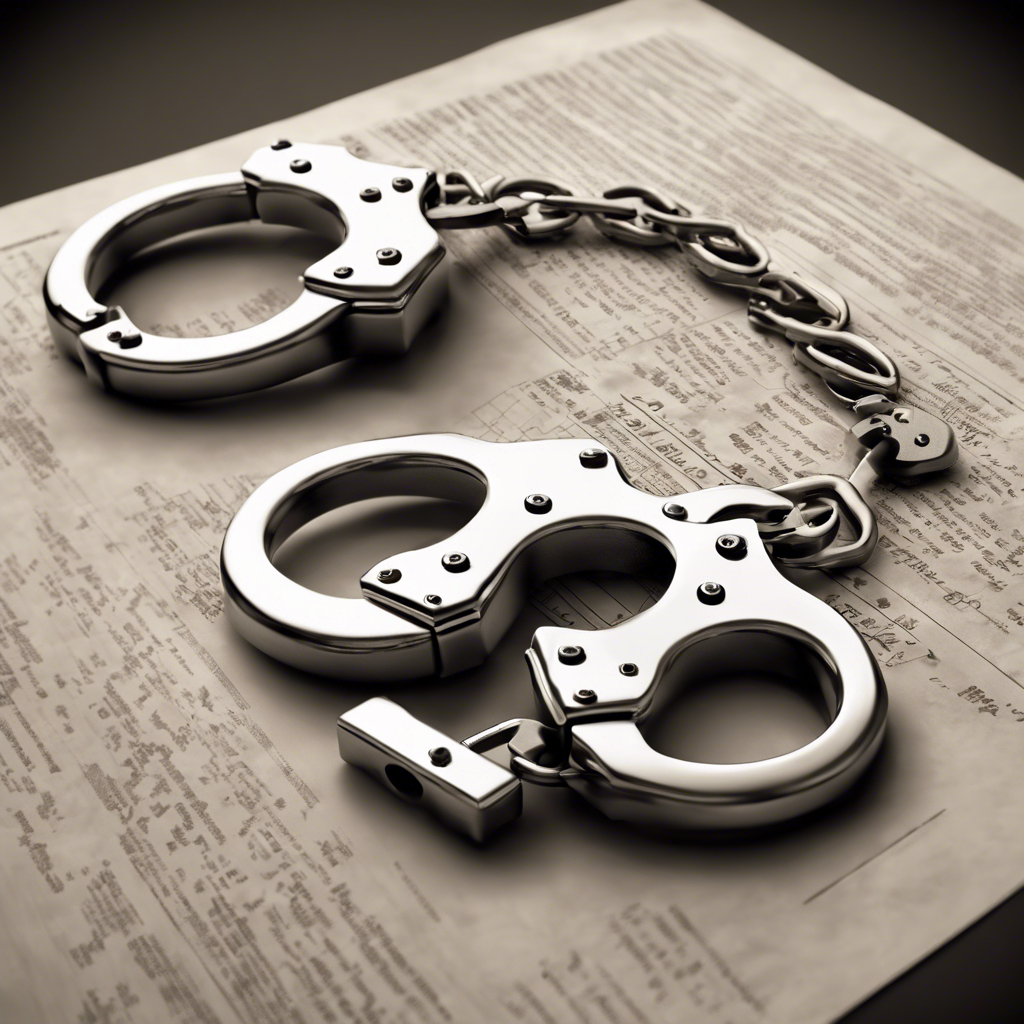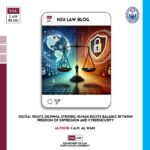Waiting Period to Seek Bail is Not a Solution

It is well understood that courts in Bangladesh are burdened with a huge case backlog despite hearing more cases every day than they can reasonably be expected to handle. Among all the courts, courts entertaining bail hearings, regardless if it is a High Court bench or a magistrate court, have some of the highest numbers of petitioners expecting protection of the law. The courts appear to have developed an ad-hoc ‘solution’ to churn through such a high volume of bail hearings in a work day. An advocate appearing for a bail hearing is expected to mention the type of the case and the number of days the arrested individual has been in jail. If the person has not been in jail ‘long enough’ for that particular type of crime, the bail may get denied without considering any grounds for bail the advocate might be interested to shed light on.
In short, it has become akin to somewhat of a court custom to not grant bail before ‘x’ days for ‘y’ crime. The number of days is not precise, but the expectation may vary from a few weeks to several months depending on the crime. This paired with parallel norms such as magistrate courts not granting bail in cases it cannot try make it incredibly difficult for many arrested persons to seek bail.
Such a measure might be intended to serve as a mechanism to constrain the volume of bail petitions appearing before a court. The court uses the timeline of arrest and the nature of the crime as means to quickly sift through bail petitions and find what it will spend more time to consider. However, the effectiveness of such ‘deterrence’ is questionable as these petitioners are not outright prevented from appearing before the court despite not being thoroughly considered. In fact, many of these petitioners are often required, by law, to appear just so they may appeal the predictable order at a higher forum. It can also be argued that such a custom is necessary to prevent any public uproar after arrested persons in infamous cases receive early bail which would in turn reduce public confidence in the judicial system.
Accused persons in cases of serious crime are understandably not entitled to a right to bail. The courts have the discretion to grant or deny bail to arrested individuals in these cases. But it is expected that courts would reasonably look into the circumstances surrounding the case and the accused to either grant or deny bail. But the denial of bail unless it is sought after an arbitrary number of days in jail, might provoke one to ask if we, as a state, are failing to ensure equality before the law as guaranteed by the Constitution. Persons arrested during the investigation of serious crimes are expected to tolerate weeks, if not months, in jail without their plea to be granted bail being genuinely considered. However, it goes against the presumption of innocence, the cornerstone of a fair criminal trial. Hopefully as judicial capacity builds up over time, such waiting periods to be considered for bail would become relics of the past.
Md Masrur Zawad2 Posts
Md Masrur Zawad is a final-year student at North South University. Besides editing and publishing for the blog, he has also worked on multiple projects in the realm of legal research including working on the National Report of Bangladesh for the 4th cycle of the Universal Periodic Review.



0 Comments